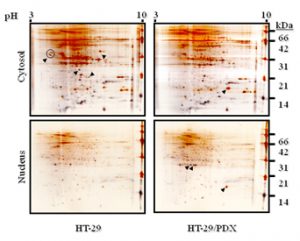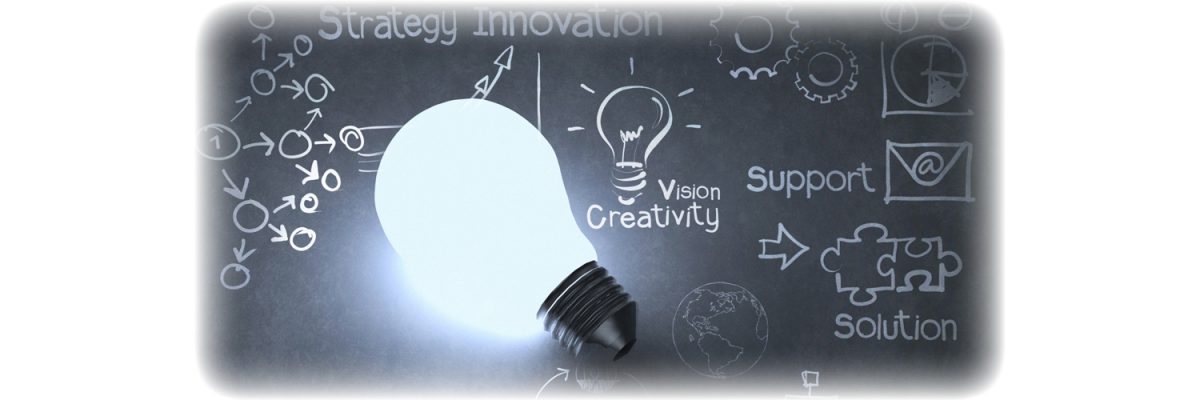Proprotein Convertases (PCs) Substrates/Effectors and Oncogenesis
(Group : Preprotein Convertases, Tumor Invasion and Metastasis)
To attain their biological mature forms, a variety of protein precursors are processed by proteases named proprotein convertases (PCs). We are pioneered in this field of investigation. Our previous studies were the first to demonstrate the importance of the maturation of protein precursors such as matrix metalloproteases, adhesion molecules, and growth factors by these enzymes in carcinogenesis, angiogenesis and metastasis.
We found that inhibition of the PCs in various tumor cells inhibit their malignant phenotypes and their ability to mediate tumor growth and angiogenesis. We also identified PDGF-A, PDGF-B, VEGF-C as new PCs substrates. Inhibition of these molecules processing by specific inhibitors or through directed mutagenesis blocks tumor growth and the formation of tumor vascular and lymphatic vessels.
Based on these and other findings we postulate that PCs play a key role in the growth, survival and metastatic potential of tumor cells by regulating the activity of their cognate substrates and downstream effectors.
Regulation of PCs activities may provide a powerful adjunct approach in cancer therapy. Our aim is the identification of New PC substrates/downstream effectors and evaluate the importance of their processing in tumor progression, angiogenesis and metastasis.
 |
| 2-D Gel analysis of HT-29 cells and the same cells expressing the PCs inhibitor a1-PDX (HT-29/PDX cells) |

